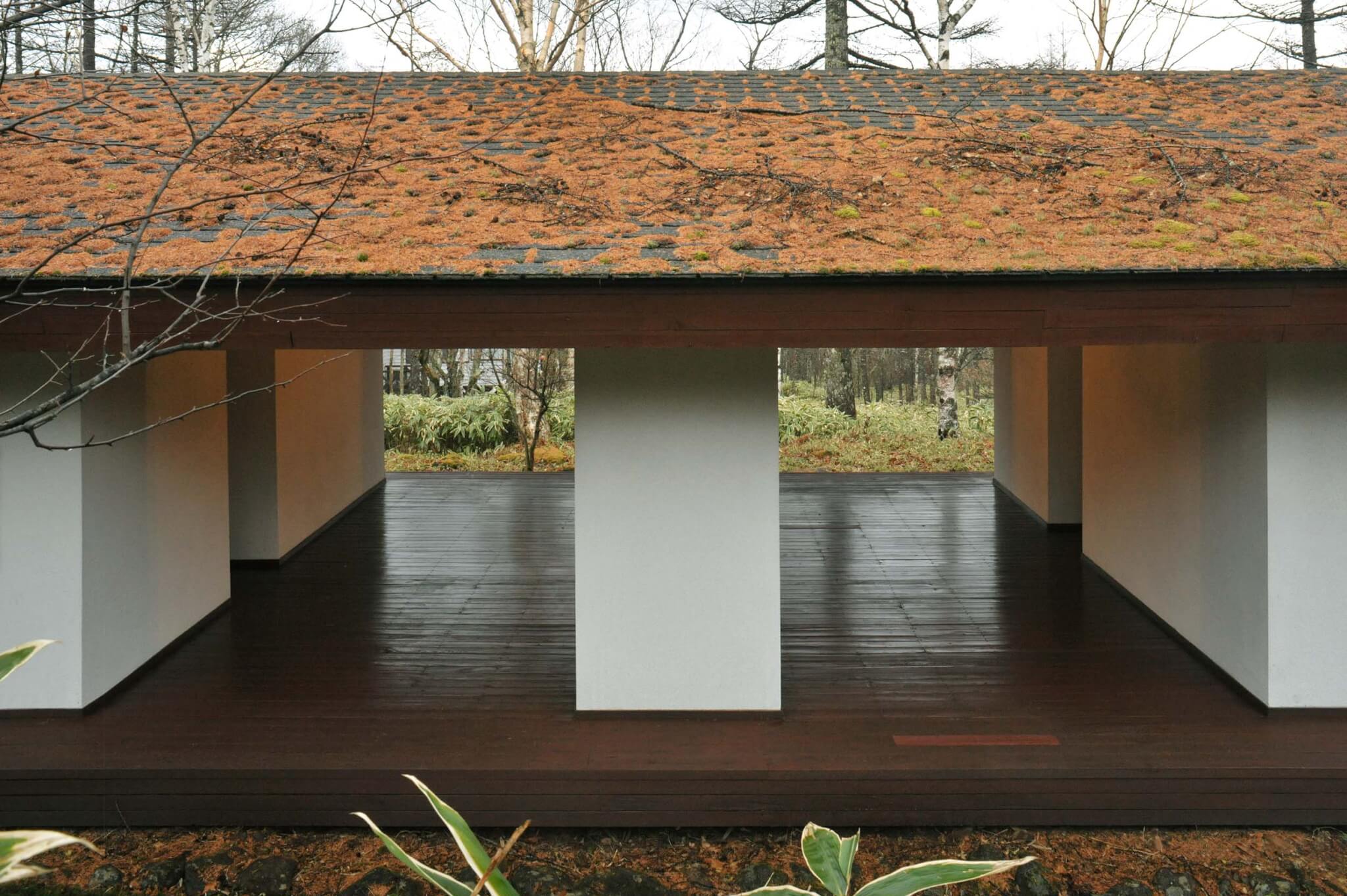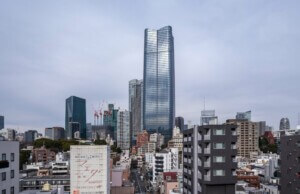Riken Yamamoto is the 2024 Pritzker Architecture Prize Laureate. Yamamoto is the 53rd recipient of the annual prize and the ninth architect from Japan to be honored.
The architect’s portfolio spans a range of building typologies, from private residences, cultural projects, to small-scale community contributions. His work is deeply rooted in engaging with community. In a world where people often experience isolation and separation from community, Yamamoto defines this design philosophy as a “sense of sharing one space.”
Yamamoto was born in Beijing and now lives in and practices in Yokohama, Japan. He studied architecture at Nihon University in Japan, where he now also teaches. Built works by the architect are in Japan, China, Korea, and Switzerland.

“For me, to recognize space, is to recognize an entire community,” Yamamoto said in a press release. “The current architectural approach emphasizes privacy, negating the necessity of societal relationships. However, we can still honor the freedom of each individual while living together in architectural space as a republic, fostering harmony across cultures and phases of life.”

This move away from privacy is adopted in a number of works, including the design of his own home GAZEBO, which features a series of terraces and rooftops to promote interaction among neighbors. This connection to the outdoors and the blending of private and public space is also visible in his larger housing projects, namely Hotakubo Housing. In school projects, such as Saitama Prefectural University (1999) and Koyasu Elementary School (2018), the architect created space for people to interact with outdoor walkways, interconnected stairways, and raised platforms.
One of his first projects was a private residence nestled in a forest. At Yamakawa Villa (1977) open-air terraces invite interaction between the forested landscape and the wood construction.

Alejandro Aravena, chair of the Pritzker Prize and 2016 Pritzker Prize Laureate, noted the community-rooted ethos of Yamamoto’s architectural contributions: “One of the things we need most in the future of cities is to create conditions through architecture that multiply the opportunities for people to come together and interact. By carefully blurring the boundary between public and private, Yamamoto contributes positively beyond the brief to enable community.”


In its citation the jury described Yakamoto’s approach to design and the effect his work has people and the environment:
“In his long, coherent, rigorous career, Riken Yamamoto has managed to produce architecture both as background and foreground to everyday life, blurring boundaries between its public and private dimensions, and multiplying opportunities for people to meet spontaneously, through precise, rational design strategies.
By the strong, consistent quality of his buildings, he aims to dignify, enhance and enrich the life of individuals—from children to elders—and their social connections. And he does this through a self-explanatory yet modest and pertinent architecture, with structural honesty and precise scaling, with careful attention to the landscape of the surroundings.”

The Pritzker Prize jury was comprised of several prominent architecture and cultural figures: Alejandro Aravena; Barry Bergdoll, architecture historian and educator; Deborah Berke, architect and dean of Yale School of Architecture; Stephen Breyer, U.S. Supreme Court Justice; André Aranha Corrêa do Lago, architecture Critic and Secretary for Climate, Energy and Environment, Ministry of Foreign Affairs, Government of Brazil; Kazuyo Sejima, architect and 2010 Pritzker Laureate; Wang Shu, architect, educator, and 2012 Pritzker Laureate; and Manuela Lucá-Dazio.
Yamamoto’s award follows that of David Chipperfield in 2023 and Diébédo Francis Kéré in 2022.











